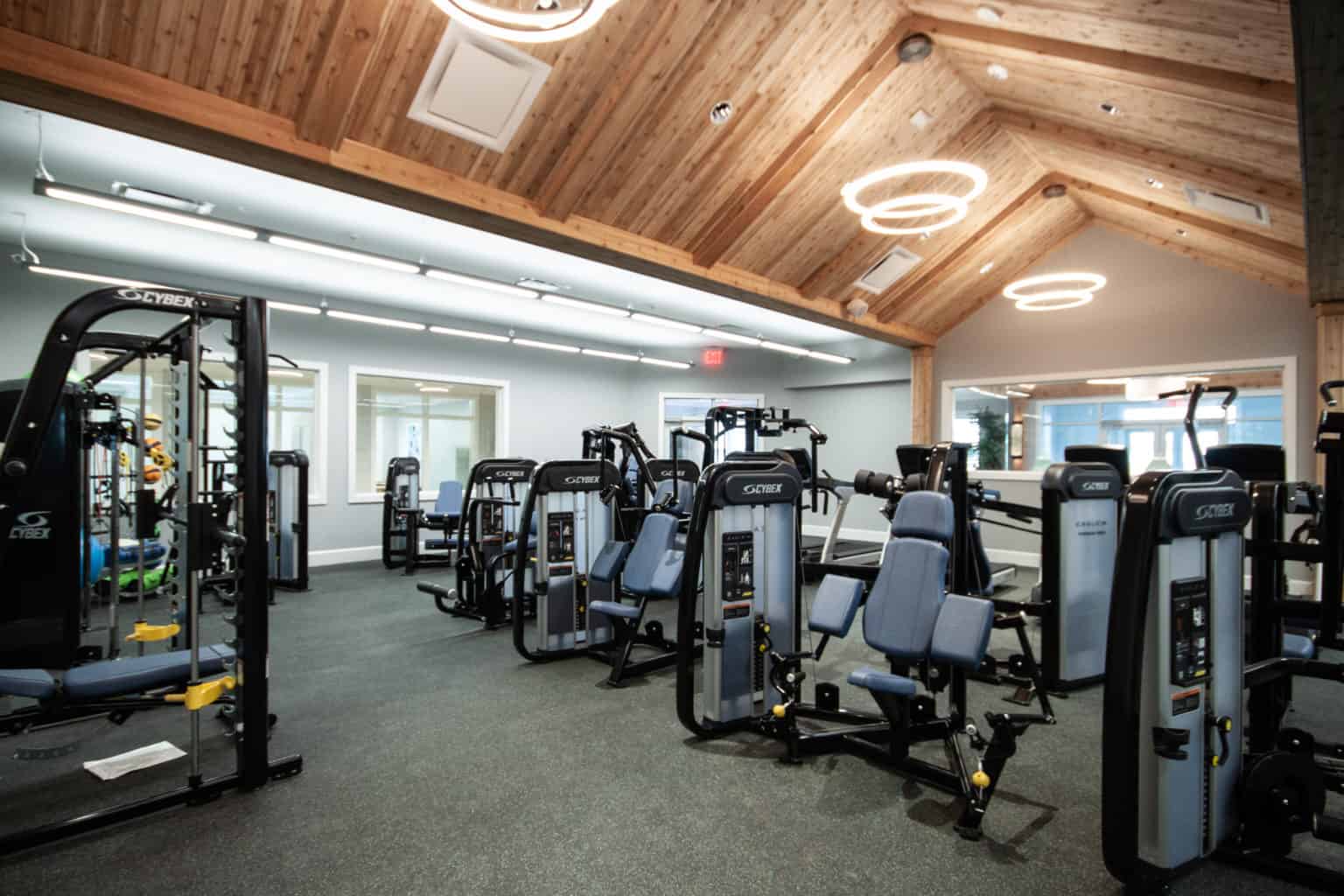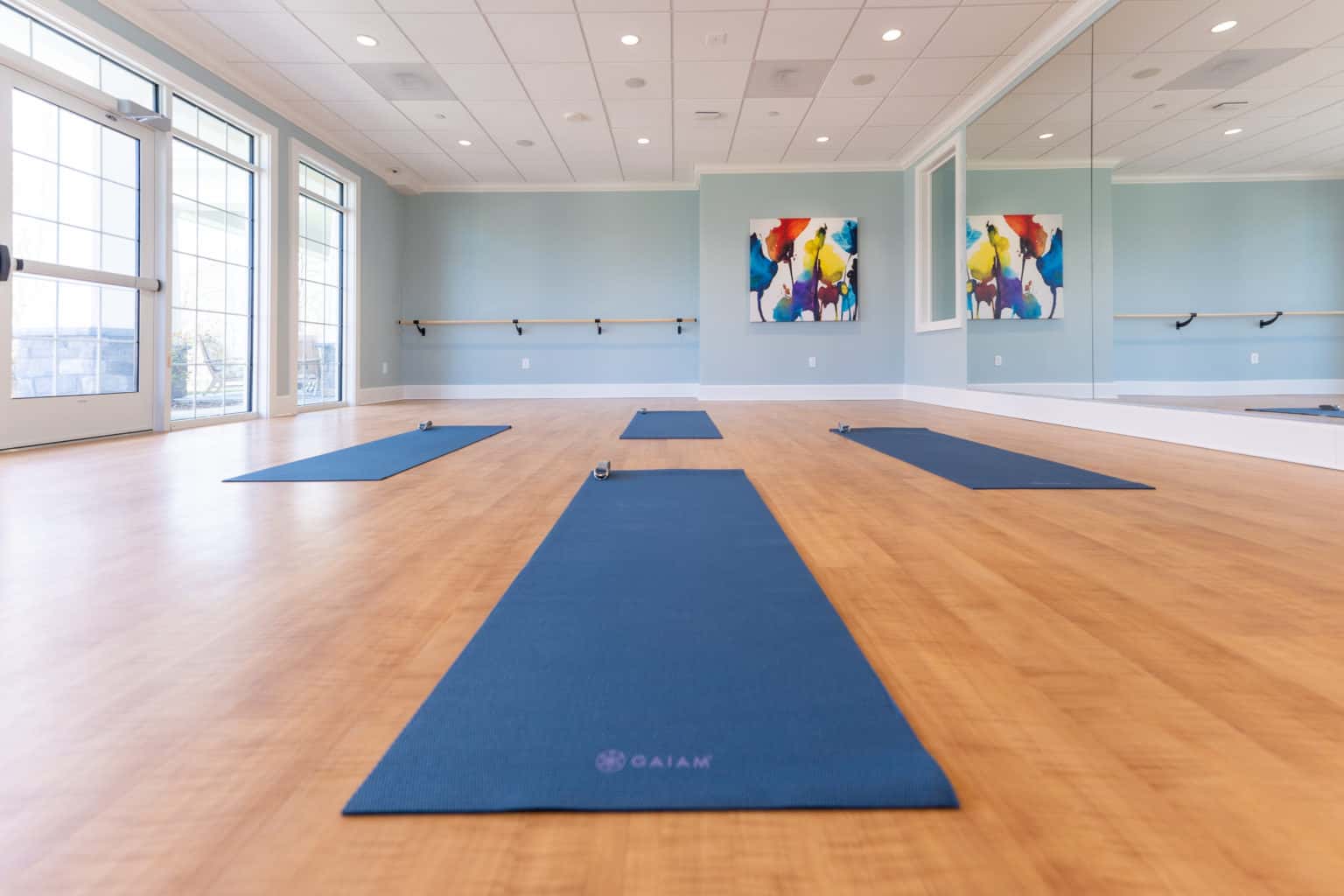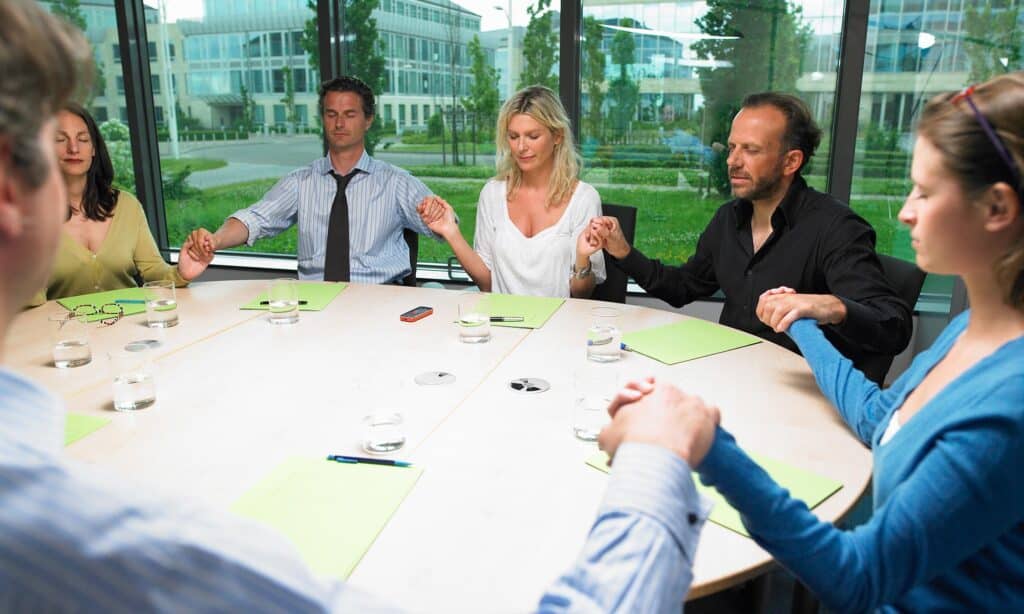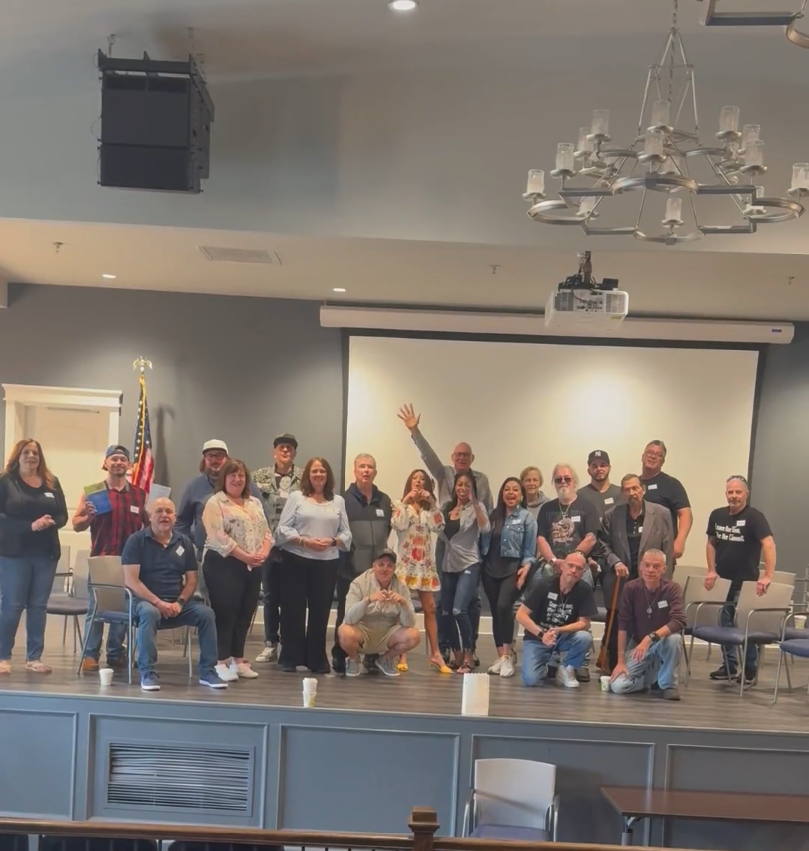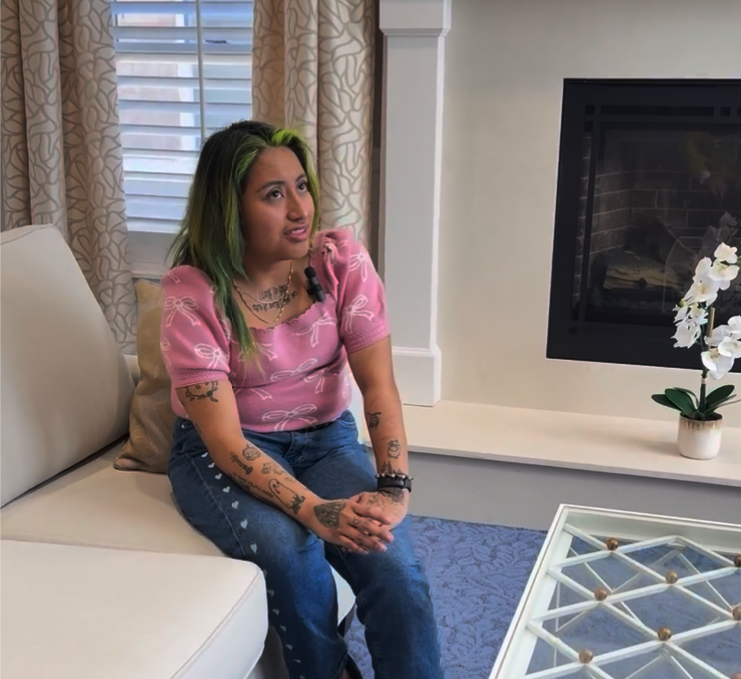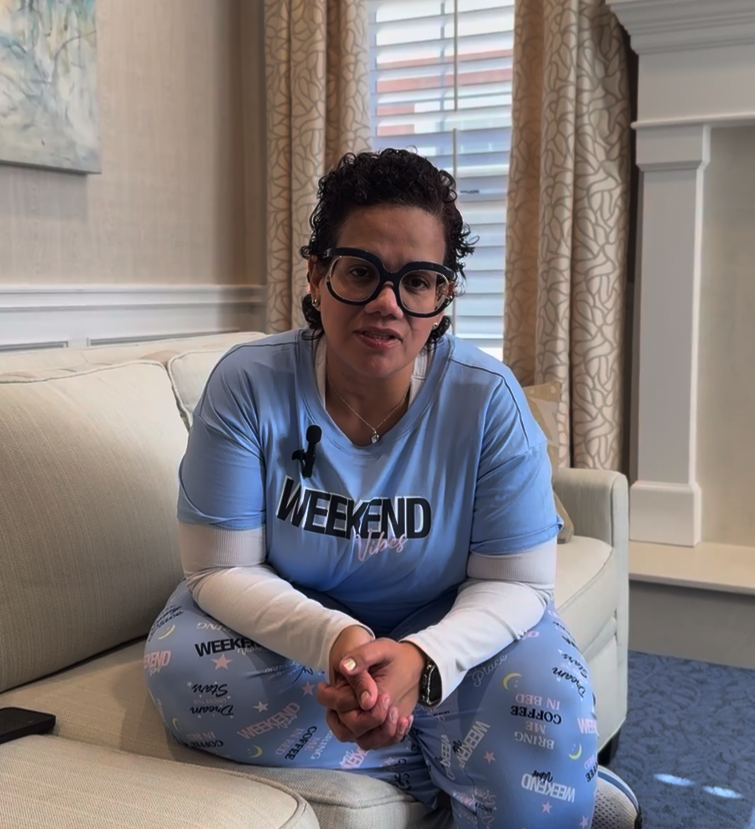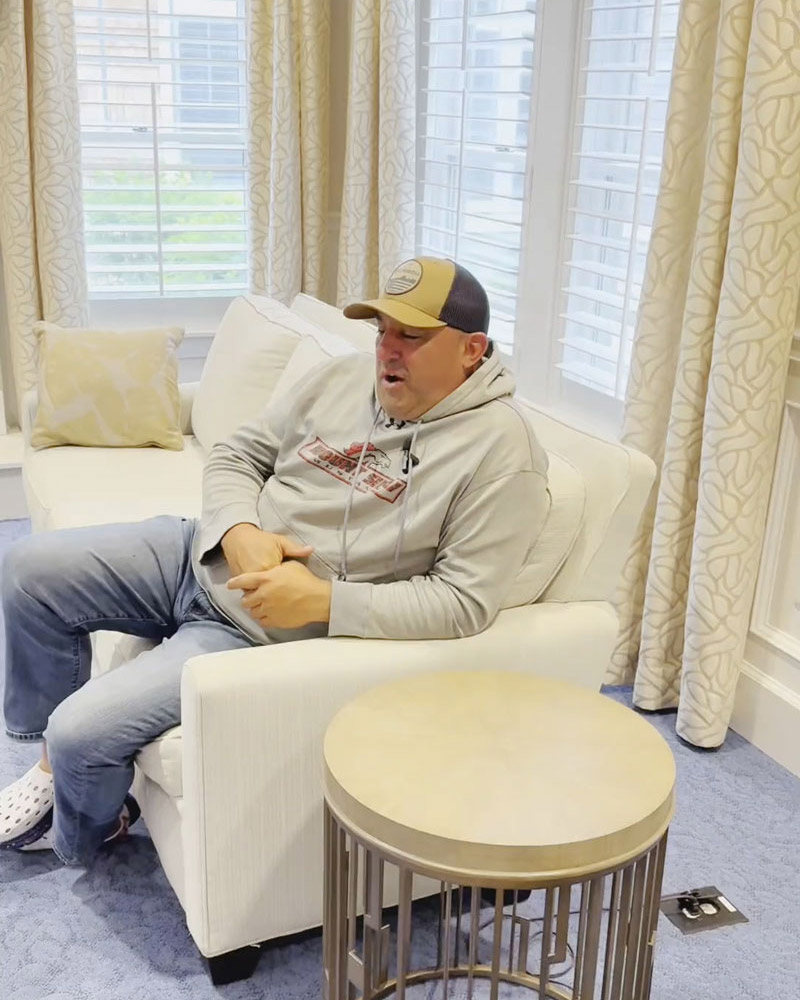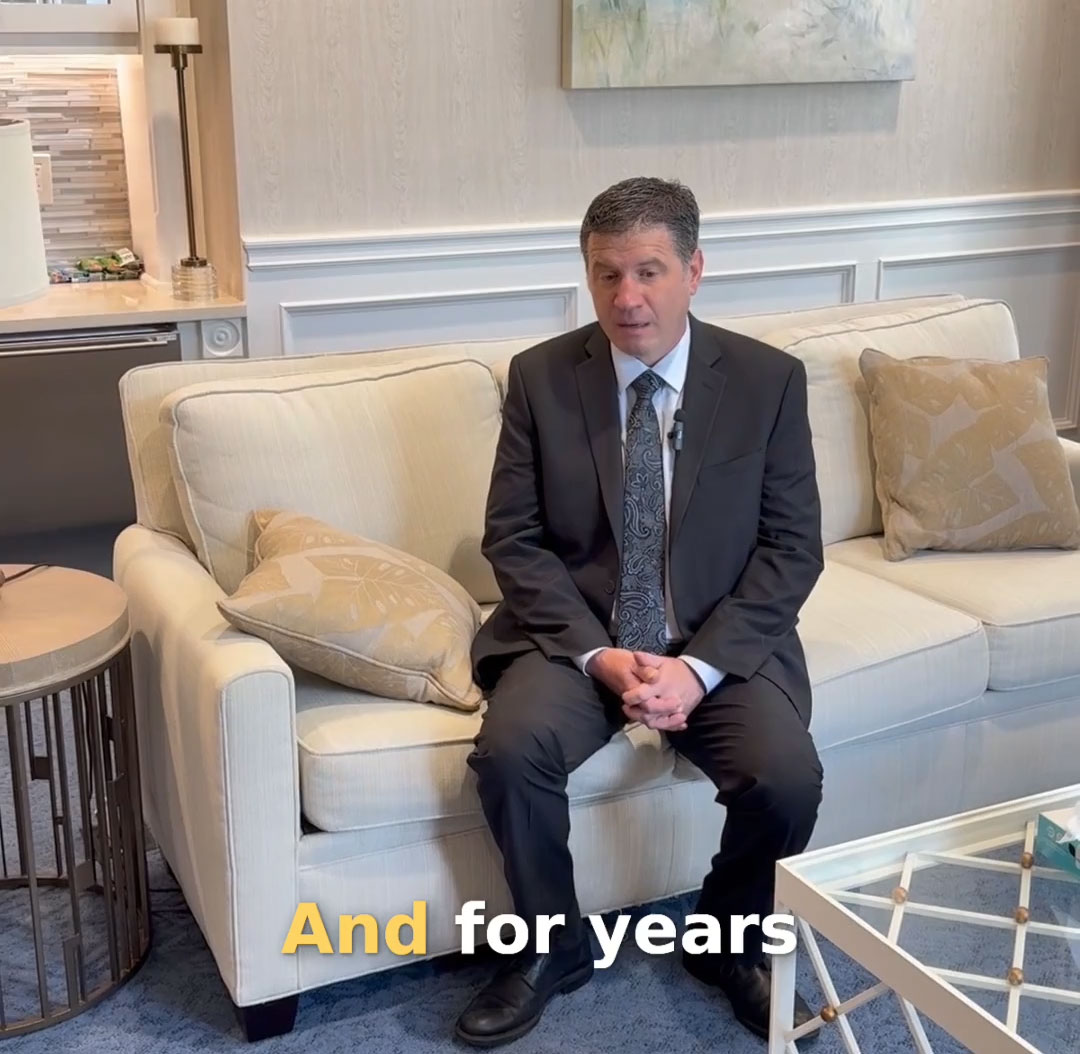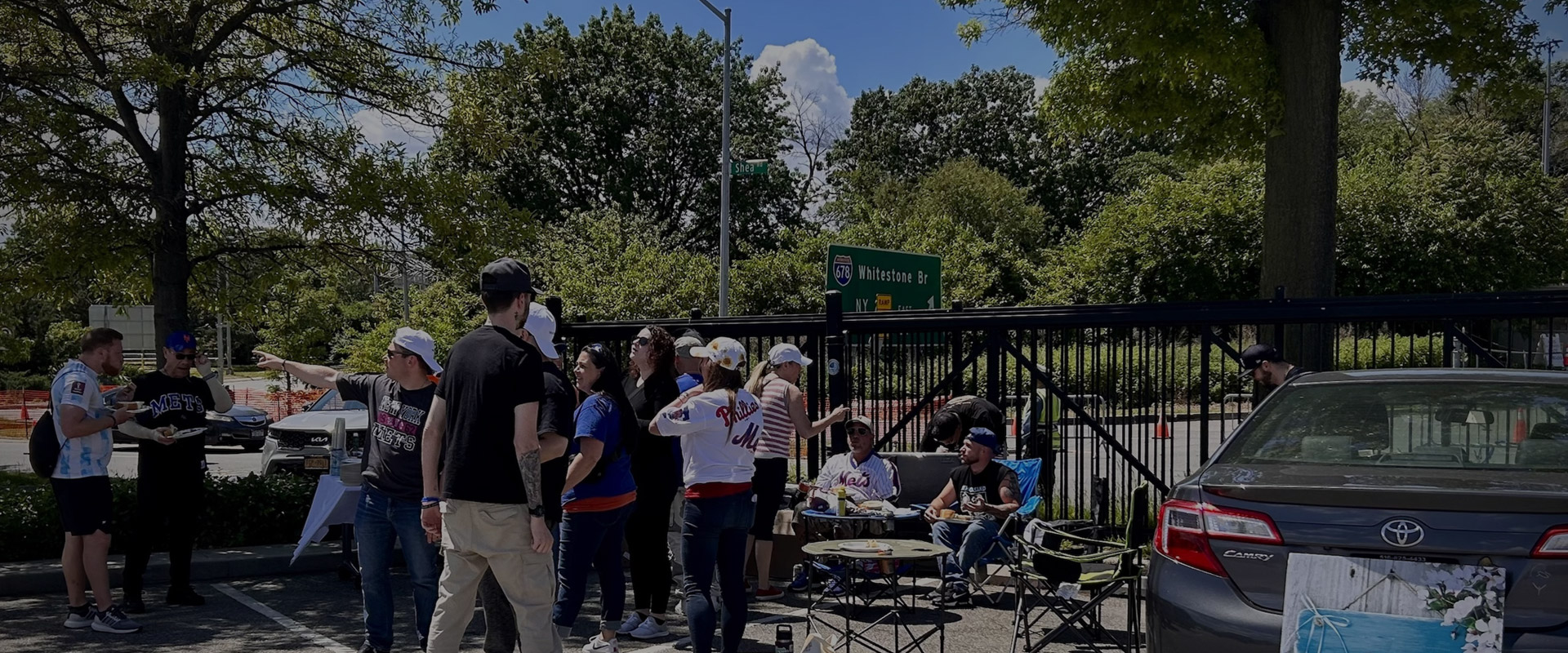
Get Connected, Stay Connected!
A strong support system provides invaluable benefits for people in recovery. Wellbridge’s Alumni Services team is dedicated to keeping you connected to our alumni network so that you can always feel supported and encouraged to be your best self!
Alumni Events and Support Groups
Your recovery journey doesn’t end when you leave Wellbridge.
We understand that you may still need a support system to help you through those tough moments. That’s where the alumni network comes in.
As an official Alumni of Wellbridge, you now have access to the resources and social support that our Alumni Network has to offer! Join the group that will stand by you and encourage your continued healing.

Saturday Morning Zoom Support Group.
Meeting ID : 880 1588 1064
Passcode : 173739
09:30 am - 10:30 am
Every Thursday Zoom Wellbridge Alumni Support Group
Meeting ID : 895 4333 7294
Passcode : 590967
06:00 PM Eastern Time (US and Canada)
Wednesday Evening Zoom Support Group
Meeting ID : 894 0508 3493
Passcode : 173739
07:00 pm to 08:00 pm
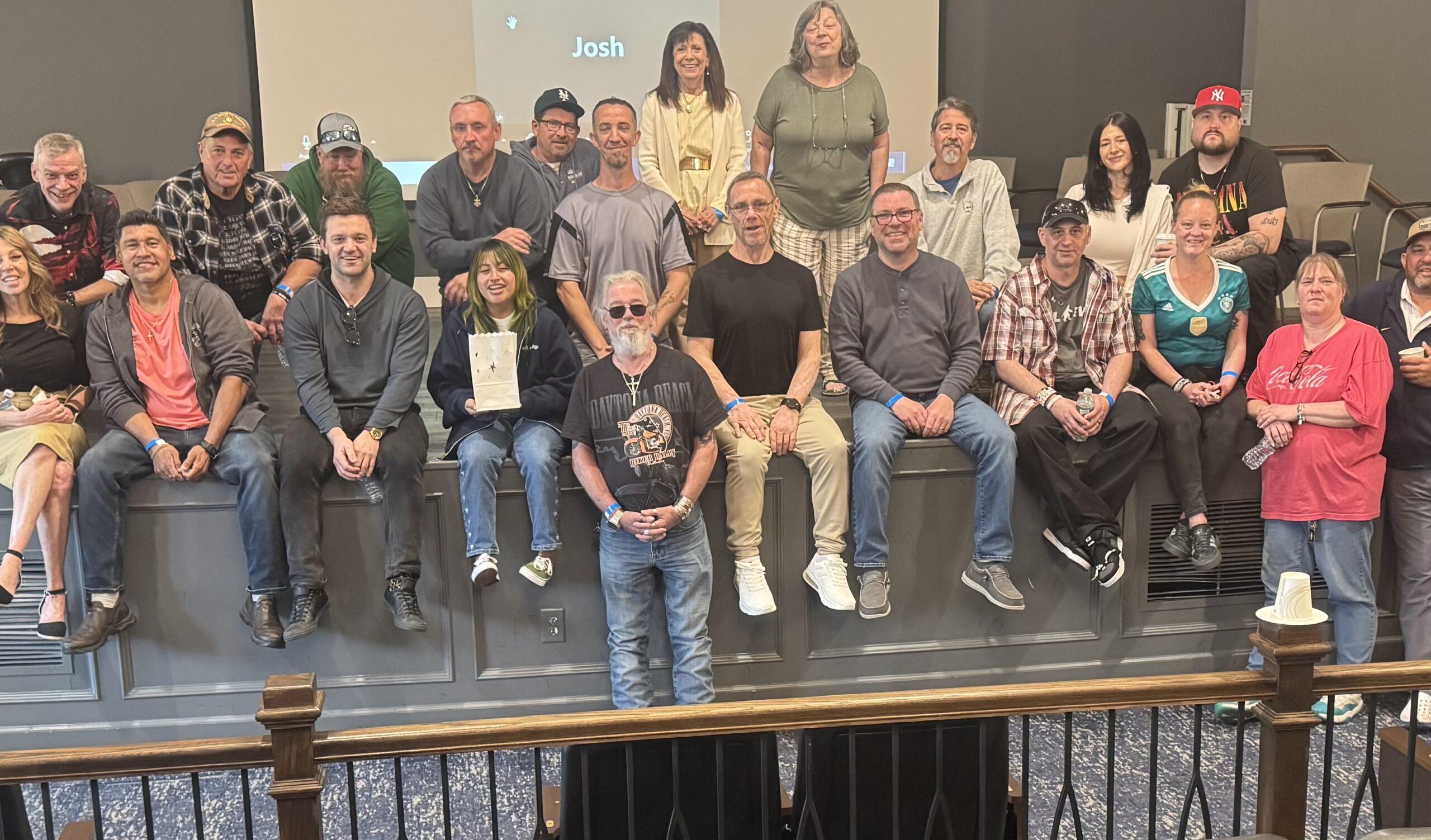
Become an Alumni Ambassador
Alumni with at least a year of sobriety can help alumni transition to life after treatment.
In order to become an Ambassador you have to fill out our application and sign up for our next Ambassador Training course.
Get Involved and Make a Difference
Give back to the community and strengthen your own recovery by cultivating fortitude and a sense of gratitude through volunteerism. Wellbridge provides ongoing opportunities to discover new purpose and truly make an impact in the lives of others.
Get advice from Wellbridge staff, read recovery stories, and stay up to date with the latest Wellbridge news. Want to get on the list or write for us?
One of our early online communities for Wellbridge Alumni, this group is still vibrant and engaged today. If you are on Facebook, we’ll meet you where you are! Join the community today.
Reconnect with alumni peers who share similar recovery journeys, reducing feelings of isolation.
Through mutual encouragement and understanding through shared experiences. Continued engagement in recovery, reinforces recovery tools and strategies learned during treatment.
Regular check-ins help alumni stay focused on their goals and maintain sobriety creating a safe space for sharing, open dialogue and offers a nonjudgmental space to talk about challenges, successes, and setbacks.
Personal growth is one of several primary outcomes of addiction treatment.
However, alcohol and substance use disorders are a lifelong journey. Personal growth must be fostered and sustained once formal treatment programs are over.
Being part of an addiction recovery alumni program is a core foundation for establishing lasting sobriety and greater well-being. Our post-addiction treatment program for alumni offers extended access to our sober support network and sober events after you complete your program to support your recovery journey.
Referring someone to treatment is the best help you can offer. As someone who has “been there,” you make that first connection easier. Contact your alumni director at [email protected] or call the Alumni Hot Line at 631-508-1208.
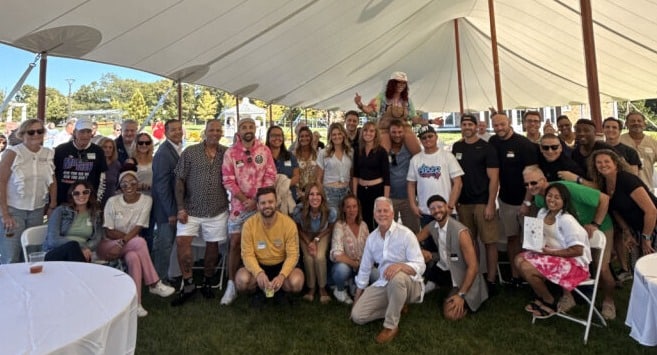
Welcome To Wellbridge.
Experience what modern recovery should be like.
Join Alumni Opt-In Process
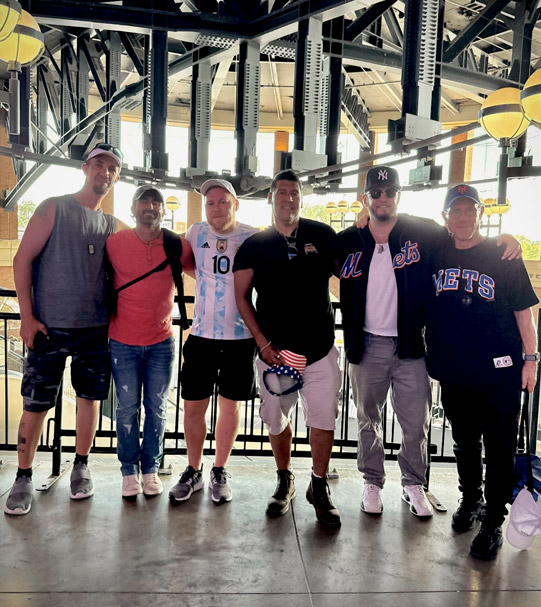
From Struggle to Strength: Alumni Recovery Stories
Alumni FAQs
Where can I get support if I am struggling?
-
- our Alumni Helpline for advice and to speak with someone who understands. Available 24 hours a day, 7 days a week.
Call or Text- 631-508-1208. - We have a dedicated Recovery Support Team on standby to offer immediate assistance to you and your family, should your loved one experience any struggles and veer off path after leaving treatment.
Click here to get in touch with our Recovery Support Team. - If you are interested in exploring your treatment options with our admissions team, please call 631-508-1208.
- our Alumni Helpline for advice and to speak with someone who understands. Available 24 hours a day, 7 days a week.
How do I sign onto virtual meetings ?
-
- Alumni Support Group Saturday Alumni Support Group on Zoom
09:30 am – 10:30 am - Virtual Alumni Event 1st Sunday of every month-In person
10:30 am – 12:00 pm - Evening Alumni Support Group Wednesday Evening Alumni Support Group on Zoom 07:00 pm to 08:00 pm
- Alumni Support Group Saturday Alumni Support Group on Zoom
Sources
Alcoholics Anonymous (AA) – If you are recovering from alcoholism
Narcotics Anonymous (NA) – If you are recovering from drug addiction
Dual Recovery Anonymous (DRA) – If you are recovering from substance abuse and mental illness
SMART Recovery – If you are looking for a science-based alternative to 12 Step
Women for Sobriety – If you are a woman struggling with drug or alcohol dependency
https://substanceabusepolicy.biomedcentral.com/articles/10.1186/s13011-018-0167-0
Stay in Touch!
Consider leaving a review to share your experience and give insights to someone who may be considering treatment.

